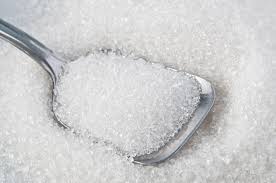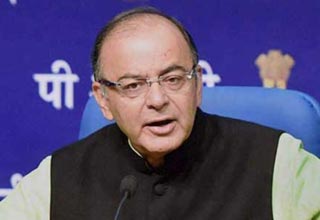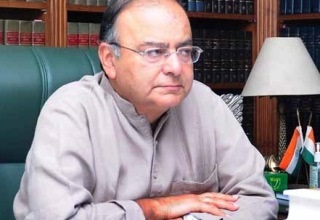Overall inflation down, but items like onion consumed by wage workers excessively expensive
Updated: Apr 15, 2013 02:35:16pm
Prices of onion, for instance, have gone up by almost 95 per cent in the last one year from March 2012 to March 2013, cereals by 18.36 per cent, rice by nearly 18 per cent, pulses 10.51 per cent, potato by 20 per cent, oilseeds by about 19 per cent and LPG by 26 per cent.
Most of these items are consumed by the common salaried class people and wage workers.
Hence, from the point of small businesses, inflation of essential commodities is still a cause for concern since it will continue to exert wage pressure on workers.
On the other hand, given the kind of dismal performance in industrial demand and growth; the industry, more so the smaller units have not been able to pass on the high cost of wages to consumers.
As per the official figures released today, the inflation based on the wholesale price index came down to 5.96 per cent in March from 6.84 per cent in the previous month and 7.69 per cent a year ago.
Experts feel the decline in the inflation numbers may lead to the RBI reducing interest rates by at least 0.50 percentage points giving some relief to the industry.
While the manufacturing product inflation slowed to 4.07 per cent from 4.515 in February, food price inflation slowed to 8.73 per cent versus 11.38 per cent.
Inflation in food articles category, which has a 14.34 per cent share in the WPI basket, too declined to 8.73 per cent. Inflation in this category was at 11.38 per cent in February.
The easing in food inflation was helped by a sharp drop in prices of vegetables. Inflation in vegetables stood (-) 0.95 per cent in March, from 12.11 per cent in the previous month.
Inflation for January was revised upwards to 7.31 per cent, from 6.62 per cent as per provisional estimates.
Meanwhile, Reserve Bank of India (RBI) governor Duvvuri Subbarao last week said that further rate cuts will depend on inflation easing further. In March, he said inflation must drop to 4-6 per cent, and that levels above such a range demanded policy tightening.
The 5.96 per cent March-end inflation is much lower than Reserve Bank's projection of 6.8 per cent. (KNN)










